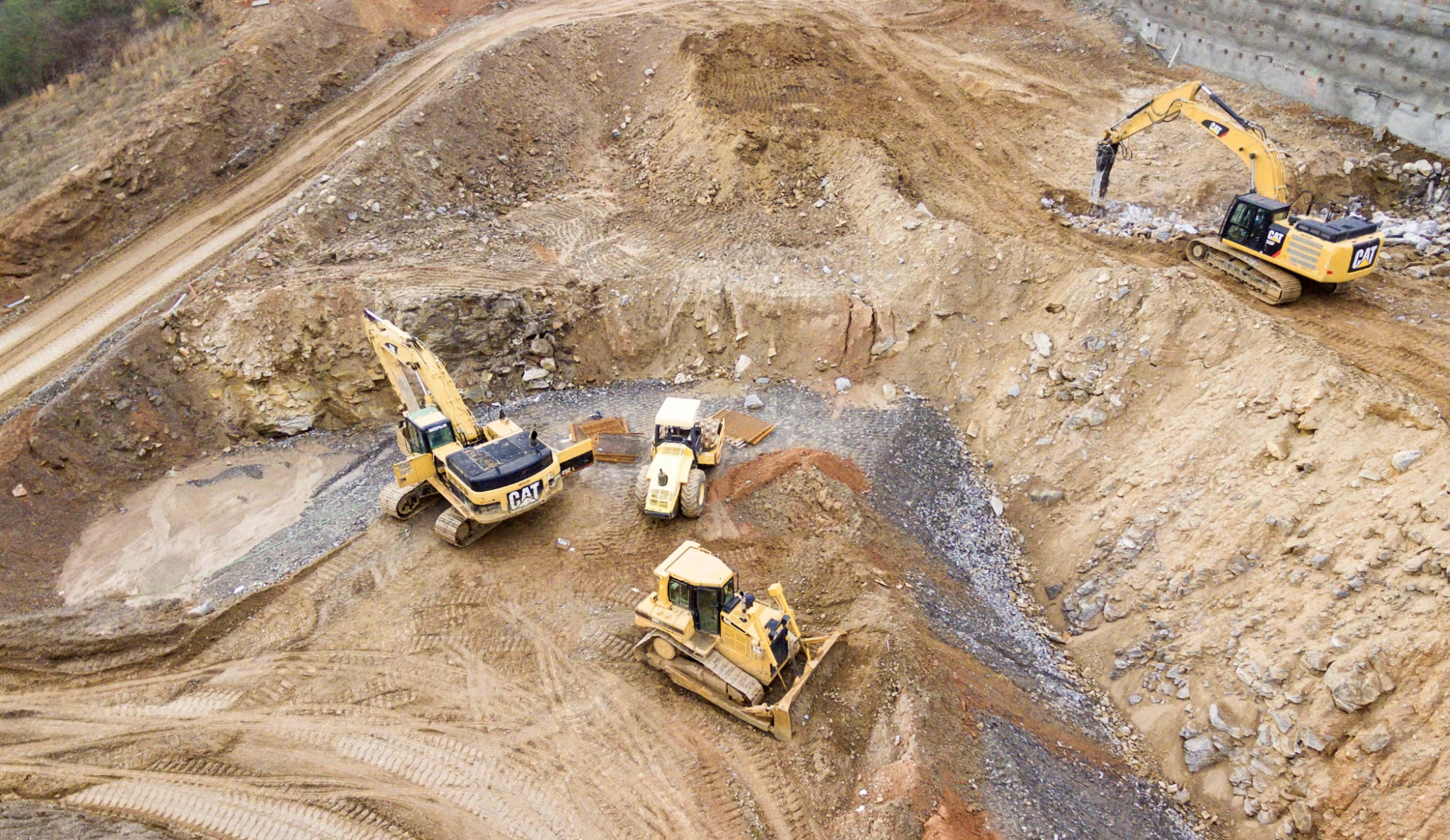
John Fry is a student at Harvard Law School.
In today’s news and commentary, the Eighth Circuit rebuffs the NLRB regarding construction unions; Harris continues to garner union support; and detained migrant workers speak out.
The Eighth Circuit overturned the NLRB’s ruling in Enright Seeding last week, ruling that the Board’s standard for converting project labor agreement relationships into full-fledged collective bargaining relationships was too lenient. Under Section 8(f) of the NLRA, PLAs in the construction industry allow unions to represent workers as soon as a project begins, without a union election. However, an 8(f) bargaining relationship gives the union fewer advantages than a normal collective bargaining relationship under Section 9(a). Accordingly, unions with PLAs may “convert” from 8(f) to 9(a) status. The Board’s 2022 Enright decision had held that an 8(f) union and an employer could stipulate by contract that the union had demonstrated the majority support of workers needed to perform conversion and attain 9(a) status. However, the Eighth Circuit held that contract language alone is insufficient, and that a union must be able to produce actual evidence of its majority support in order for workers’ free choice to be adequately protected.
Presumptive Democratic nominee Kamala Harris continues to seek the support of unions, speaking at the American Federation of Teachers convention in Houston last week. In her speech, Harris voiced her continued support for the PRO Act and assured members that she would continue and build upon the pro-union policy work of the Biden administration. Harris also spoke out on gun violence, an issue of concern to many teachers, saying: “We want to ban assault weapons, and [Republicans] want to ban books.” AFT, with well over 1 million members, was the first major union to endorse Harris after President Biden announced his withdrawal from the race.
Workers are speaking out at private immigration detention centers operated by the GEO Group in California, protesting the poor conditions and low wages they endure while working during their detention. The detainees, working for as little as $1 a day, have initiated a labor and hunger strike to raise awareness about their treatment. California’s Division of Occupational Safety and Health has begun investigating conditions at the centers, but detained migrants are facing retaliation for cooperating in the investigation. Accordingly, Cal/OSHA is seeking to use the Biden administration’s Deferred Action for Labor Enforcement, a program meant to curb retaliation against undocumented workers, to aid the proceedings.






Daily News & Commentary
Start your day with our roundup of the latest labor developments. See all
February 20
An analysis of the Board's decisions since regaining a quorum; 5th Circuit dissent criticizes Wright Line, Thryv.
February 19
Union membership increases slightly; Washington farmworker bill fails to make it out of committee; and unions in Argentina are on strike protesting President Milei’s labor reform bill.
February 18
A ruling against forced labor in CO prisons; business coalition lacks standing to challenge captive audience ban; labor unions to participate in rent strike in MN
February 17
San Francisco teachers’ strike ends; EEOC releases new guidance on telework; NFL must litigate discrimination and retaliation claims.
February 16
BLS releases jobs data; ILO hosts conference on child labor.
February 15
The Office of Personnel Management directs federal agencies to terminate their collective bargaining agreements, and Indian farmworkers engage in a one-day strike to protest a trade deal with the United States.